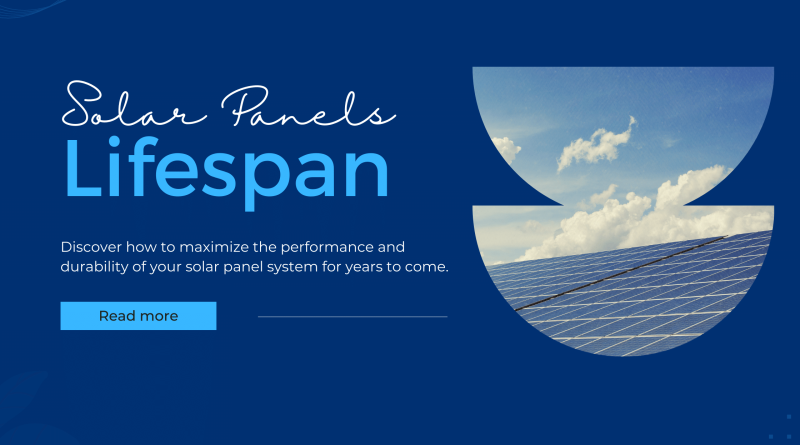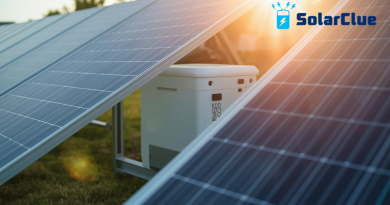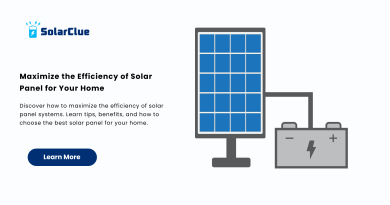What is the lifespan of Solar Panels?
As homeowners increasingly turn to solar energy to power their homes, understanding the lifespan of solar panels becomes essential. Solar panels are a significant investment, and knowing how long they will last and how well they will perform over time is crucial for making informed decisions. In this blog, we delve into the topic of solar panel lifespan, exploring factors that affect longevity, maintenance tips to extend their lifespan, and what to expect in terms of performance and durability.
Table of Contents
Factors Affecting Solar Panel Lifespan:
Several factors influence the lifespan of solar panels, including the quality of materials, manufacturing processes, and environmental conditions. High-quality solar panels made from durable materials tend to have longer lifespans. Additionally, factors such as temperature, humidity, and exposure to sunlight can impact performance and durability over time. Understanding these factors can help homeowners choose the right solar panels for their needs and maximize their lifespan.
Solar Panels Performance Over Time:
Solar panels typically come with performance warranties that guarantee a certain level of energy production over a specified period, often 25 to 30 years. While solar panels may continue to produce electricity beyond this timeframe, their efficiency may gradually decline. Factors such as degradation of solar cells and exposure to environmental elements can contribute to this decline. Regular maintenance and monitoring can help mitigate performance issues and ensure optimal energy production over the lifespan of the panels.
Durability and Resistance to Environmental Factors:
Solar panels are designed to withstand various environmental conditions, including rain, snow, hail, and high winds. Most reputable manufacturers subject their panels to rigorous testing to ensure durability and resistance to these elements. However, extreme weather events or accidents can still cause damage to solar panels. Investing in quality panels and proper installation can help minimize the risk of damage and extend the lifespan of the system.
Maintenance Tips to Extend Lifespan:
Proper maintenance of solar panels is key to maximizing the lifespan. Regular cleaning to remove dirt, dust, and debris can help optimize energy production and prevent shading that reduces efficiency. Inspecting the panels for signs of damage, such as cracks or corrosion, is also important. Additionally, monitoring energy production and performance metrics can alert homeowners to potential issues early on, allowing for timely repairs or replacements.
Conclusion:
Understanding the lifespan of solar panels and how to maximize their performance and durability is essential for homeowners considering solar energy. By choosing high-quality panels, monitoring performance, and implementing proper maintenance practices, homeowners can ensure that their solar panels continue to generate clean, renewable energy for many years to come. With solar energy becoming increasingly affordable and accessible, investing in solar panels offers not only long-term financial benefits but also environmental sustainability for future generations.
Ready to ensure your solar panels last for years to come? Trust SolarClue to guide you through the process. From selecting high-quality panels to providing expert maintenance advice, we’re here to help you maximize the lifespan of your solar panel system. Get started today and enjoy reliable, sustainable energy for the long haul.



